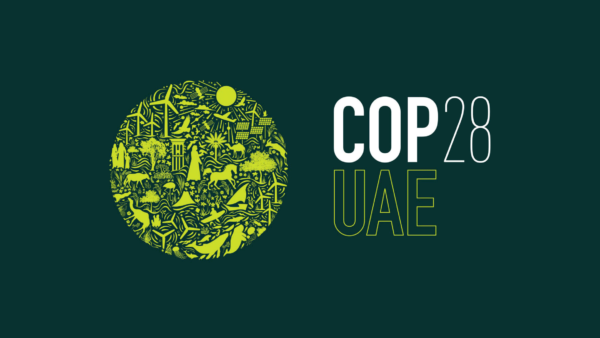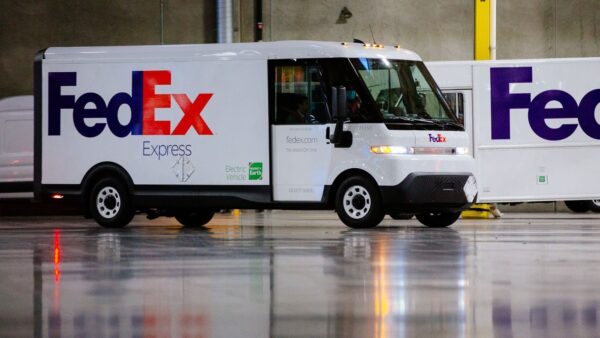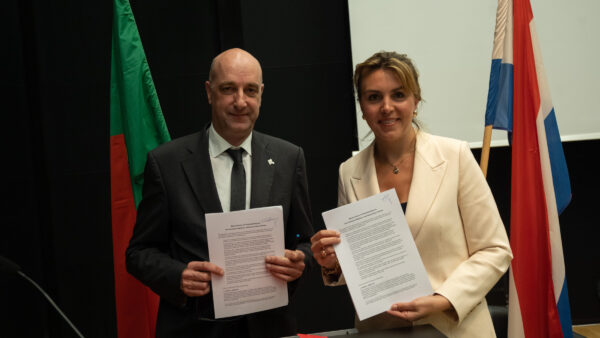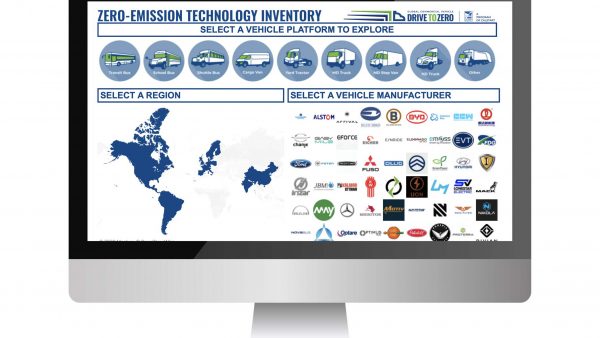Press Releases
Press Releases
New Tool Puts Zero-Emission Truck & Bus Market Data and Analysis at Your Fingertips | November 3, 2022
ZETI Data Explorer provides new insights into global zero-emission medium- and heavy-duty vehicle (ZE-MHDV) market status and trends.
Press Releases
Urgent call for transition to 100% new zero-emission truck sales at Global Clean Energy Action Forum | 9.23.22
Press Releases
Delivery FLEET: New Tool Available for Zero-Emission Deliveries
Press Releases
Zero-emission truck ambitions gain momentum – European commitment to 100% zero-emission truck sales by 2040 grows | 5.18.22
Press Releases





